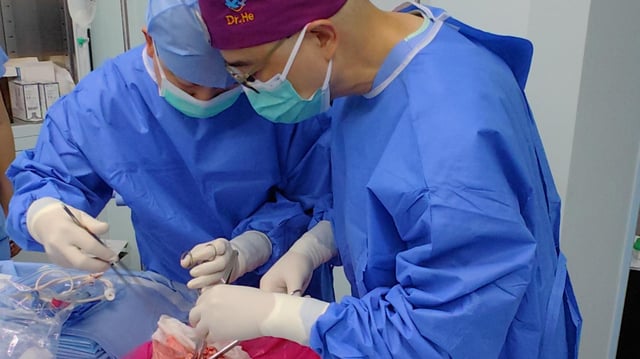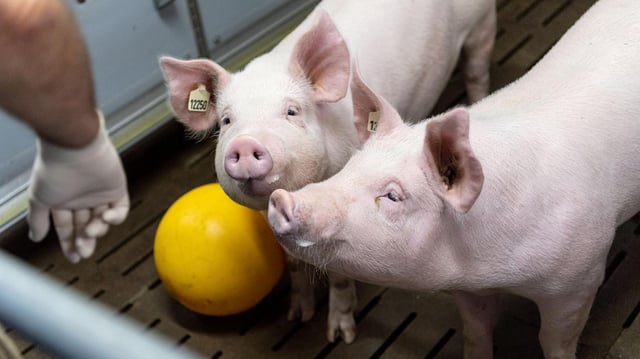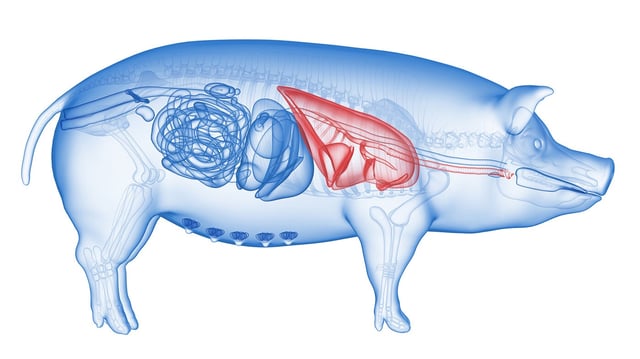Overview
- The Guangzhou team implanted a genetically engineered pig’s left lung lobe into a brain-dead 39-year-old, with the graft perfused and functioning without immediate hyperacute rejection.
- Clinical observations included lung injury within 24 hours and antibody-mediated responses on days three and six, with partial improvement noted by day nine.
- The experiment ended on day nine at the family’s request after the team documented evolving immune activity and complications.
- The donor pig carried six gene edits designed to reduce human immune recognition by removing key antigens and adding human proteins to dampen rejection.
- Experts praised the technical milestone yet warned that lungs face exceptional infection risk, questioned brain-dead models, and criticized virus testing after a porcine virus was reported in the recipient but not the donor.


